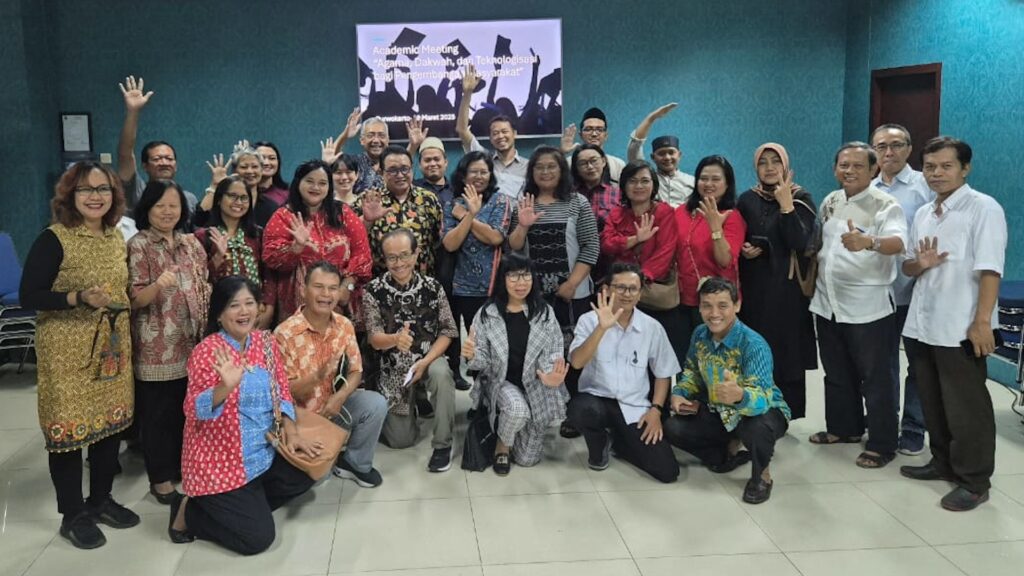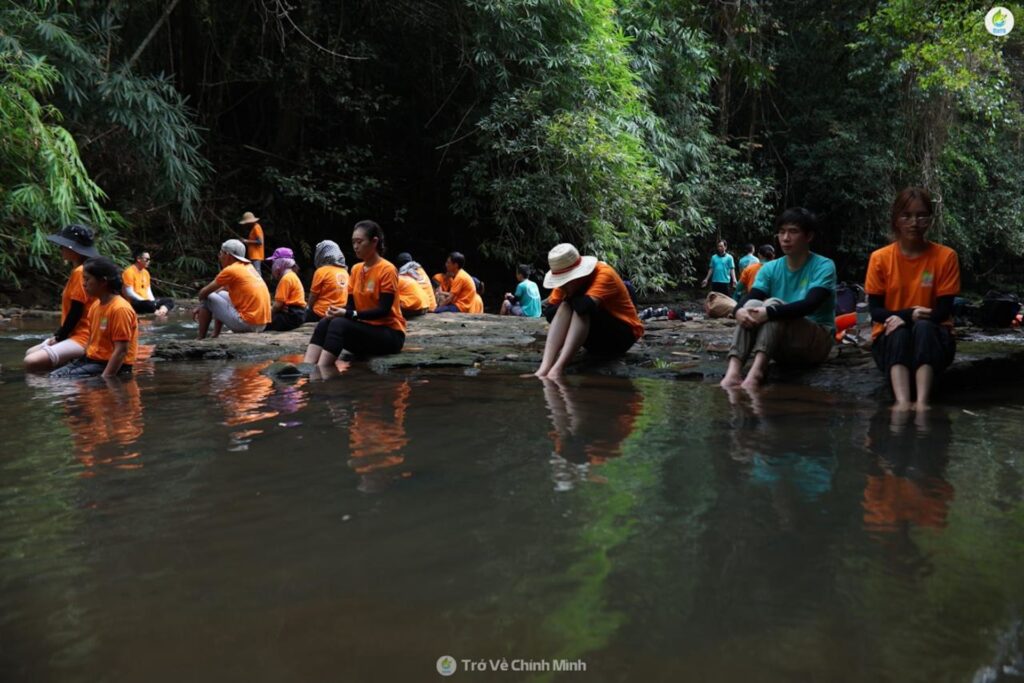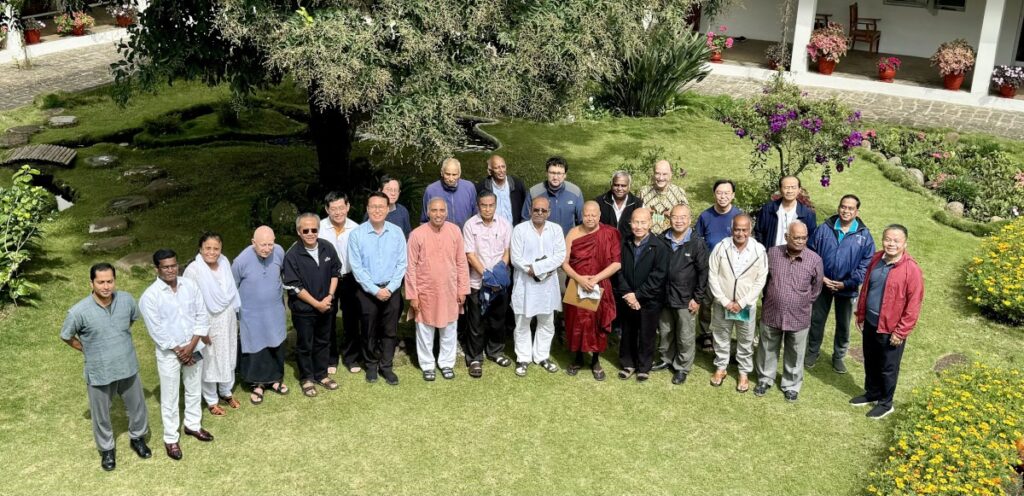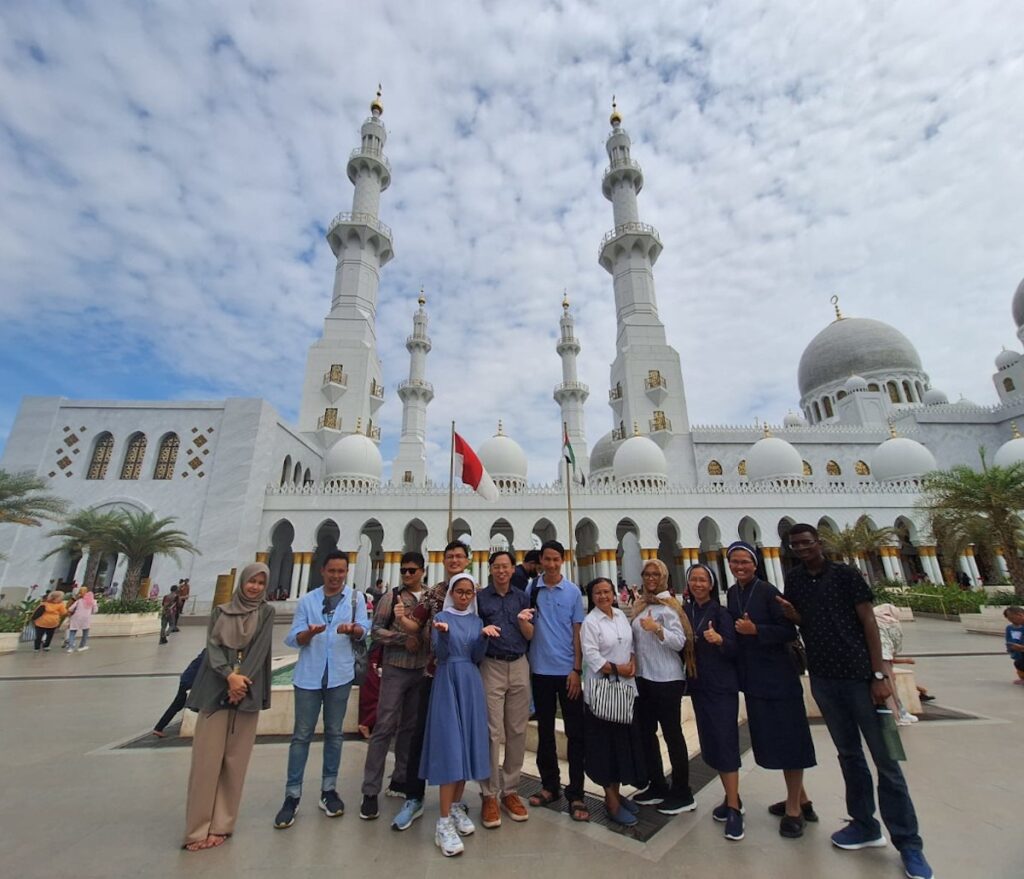In an interview with UCA News at the recent Federation of Asian Bishops’ Conference symposium on Religious Life, held in Hua Hin, Thailand, Bishop Paul Tan Chee Ing S.J. of Melaka-Johor underlined the commitment of the Church to promote interreligious dialogue in Malaysia. An increasing “islamization” is taking place in the country where 60% of its 28 million people profess Islam. The bishop spoke about the ongoing controversy surrounding Malaysian Christians use of the word “Allah” and the various issues connected with “islamization”. This year, the government confiscated 15.000 Malay-language bibles because they contain the word “Allah”, used to refer to God. The Church has become embroiled in a dispute with the government to assert its right to use “Allah” arguing that the country’s home Minister had contravened the Constitution when he introduced new conditions banning the use of the word “Allah” to mean any God other than the Muslim God. The word was used in the Herald, a newspaper of the Catholic Church, meant only for Christians and distributed only in churches. The Church has appealed to the Constitution, which protects the fundamental rights of religious minorities to carry out their worship freely. In recent days, the High Court of Justice declared unconstitutional the Government’s decision to prohibit non-Muslims using the word “Allah” to refer to God. Unfortunately, extremist Muslims reacted to the ruling by setting fire to several Christian churches. The Government plans to appeal this ruling.
(Source: Electronic News Service SJ Vol. XIV, N. 1, 11 January 2010)






